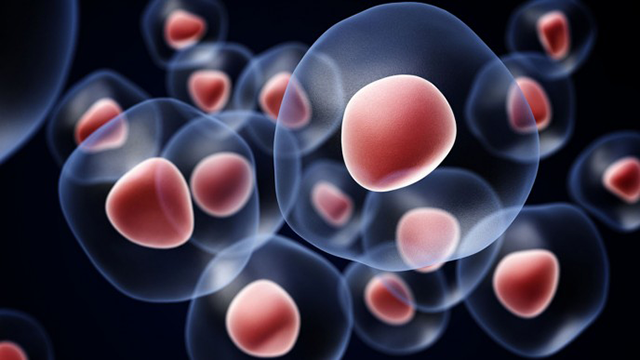For the more than 35 million Americans suffering from diseases of the airways this could be a breath of fresh air.

Can embryonic lung stem cells alleviate chronic respiratory diseases? (image by Shutterstock.com)
A new Israeli study shows how it might be possible to use embryonic stem cells to repair damaged lung tissue and help alleviate chronic respiratory disease weaknesses.
Weizmann Institute scientists began their research knowing that certain stem cells that normally reside in the lungs are similar to those in the bone marrow. In each organ, the stem cells are concentrated in special compartments that contain all the provisions that stem cells need.
“That understanding suggested to us that we might be able to apply our knowledge of techniques for transplanting bone marrow stem cells to repairing lung tissue,” says Prof. Yair Reisner of the Weizmann Institute’s Immunology Department.
So, the researchers sought out a method to introduce new stem cells into the lungs and found that using embryonic stem cells from the 20th -22nd week was the way to do it. They found that younger cells have not completed the process of differentiation while older cells are less capable of lung regeneration.
The team then conducted a series of experiments on mouse models in which they cleared the lung’s stem cell compartments with a method they had developed, and then injected new stem cells into mouse models with lung damage.
The embryonic lung stem cells found their way through the blood to the lungs and settled into the proper compartment. By six weeks, these cells were differentiating into normal lung tissue. The damaged lungs healed in the mice, and their breathing improved significantly.
The study’s findings recently appeared in Nature Medicine, highlighting how it might be possible to use embryonic stem cells to repair damaged lung tissue.
Reisner’s next study is already underway. He intends to determine the correct dosage of drugs that are needed to prevent rejection of transplanted cells, which will be needed following such procedures. “But our real vision, bolstered by this success,” says Reisner, “is to create a bank of lung tissue that will be a resource for embryonic lung stem cells.”
A bank of lung tissue could eventually supply a ready source of cells for repairing the damage in those with severe respiratory disease. And for the more than 35 million Americans suffering from these diseases of the airways – including emphysema, bronchitis, asthma and cystic fibrosis – this could be a breath of fresh air.
